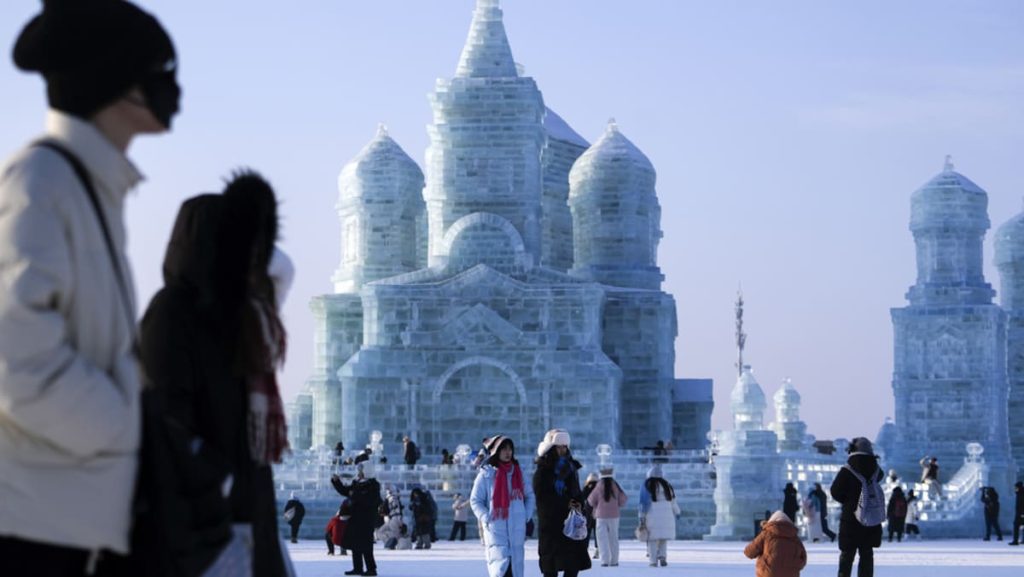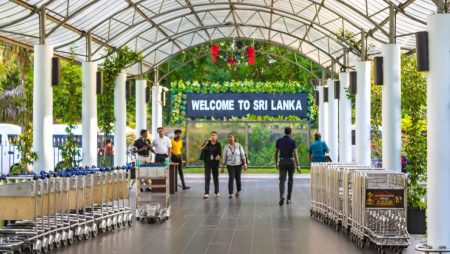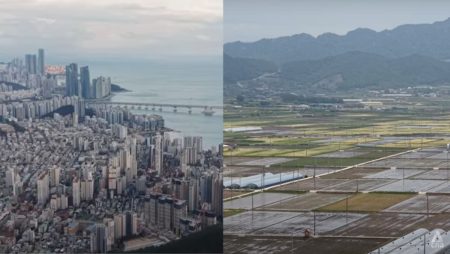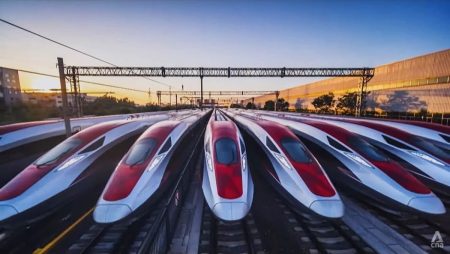The impending Asian Winter Games, scheduled to be held in Harbin next month, casts a long shadow over the city’s iconic frozen treat industry, as vendors express growing anxieties about the potential impact of warming temperatures on their businesses. The delicate balance required to maintain the frozen state of Harbin’s famous pears, a beloved winter delicacy, is threatened by the unpredictable nature of a changing climate. Street vendors like Shang Liang voice their fears, recognizing the vulnerability of their livelihoods to even slight increases in temperature. The prospect of melting pears translates directly to a decline in sales, jeopardizing the economic stability of those who depend on this seasonal trade. This anxiety ripples through the local economy, highlighting the vulnerability of traditional industries to the unpredictable forces of climate change.
The concerns extend beyond the immediate economic impact on individual vendors. The Asian Winter Games, with its anticipated influx of foreign tourists – projected to increase by roughly 20% according to local media – adds another layer of complexity to the situation. The Games represent a significant opportunity for Harbin to showcase its unique winter culture and attractions, including its frozen pear delicacies. However, the warming climate poses a risk to the very experiences that draw visitors to the city. A diminished winter landscape, marked by melting ice and snow, could detract from the allure of the Games and impact the overall tourism experience. This, in turn, could have long-term consequences for Harbin’s reputation as a winter sports destination and affect future tourism revenue.
Despite the palpable anxieties, economic analysts maintain a cautiously optimistic outlook, suggesting that climate challenges may inadvertently spur innovation and create new opportunities. Heron Lim, an economist at Moody’s, emphasizes the inherent tension between climate sustainability and the economic viability of winter sports and tourism. He argues that the need to adapt to a changing climate could drive the development of more sustainable practices and technologies. This perspective reframes the challenge of climate change as a potential catalyst for progress, forcing businesses and industries to rethink traditional approaches and embrace more environmentally conscious solutions.
Lim envisions a scenario where regions like Harbin could leverage their winter economies to promote breakthroughs in renewable energy and sustainable tourism. The concept of “ecotourism,” where environmental conservation and economic development are intertwined, emerges as a potential pathway for Harbin to navigate the challenges posed by a warming climate. By investing in sustainable practices and showcasing its commitment to environmental stewardship, Harbin could attract a new segment of environmentally conscious tourists while simultaneously mitigating the negative impacts of climate change on its winter economy. This approach represents a shift from a purely reactive stance to a more proactive and forward-thinking strategy.
The potential for ecotourism development in Harbin could manifest in various ways. For instance, the city could invest in renewable energy sources to power its winter sports facilities and tourist attractions, reducing its reliance on fossil fuels and minimizing its carbon footprint. Furthermore, promoting sustainable transportation options, such as electric buses and bicycles, could further enhance the city’s eco-friendly credentials. Educating visitors about the importance of environmental conservation and engaging them in sustainable practices, such as waste reduction and responsible water usage, could also contribute to a more holistic ecotourism experience.
The future of Harbin’s winter economy hinges on its ability to adapt and innovate in the face of climate change. While the immediate concerns of street vendors like Shang Liang are valid and underscore the vulnerability of traditional industries, the broader perspective offered by analysts like Heron Lim suggests that challenges can also be opportunities. By embracing sustainable practices and investing in innovative solutions, Harbin has the potential to not only mitigate the negative impacts of climate change but also to create a more resilient and sustainable winter economy for generations to come. The Asian Winter Games, while presenting a near-term challenge, also serves as a platform for Harbin to showcase its commitment to a sustainable future and demonstrate its leadership in the face of a global environmental crisis.










